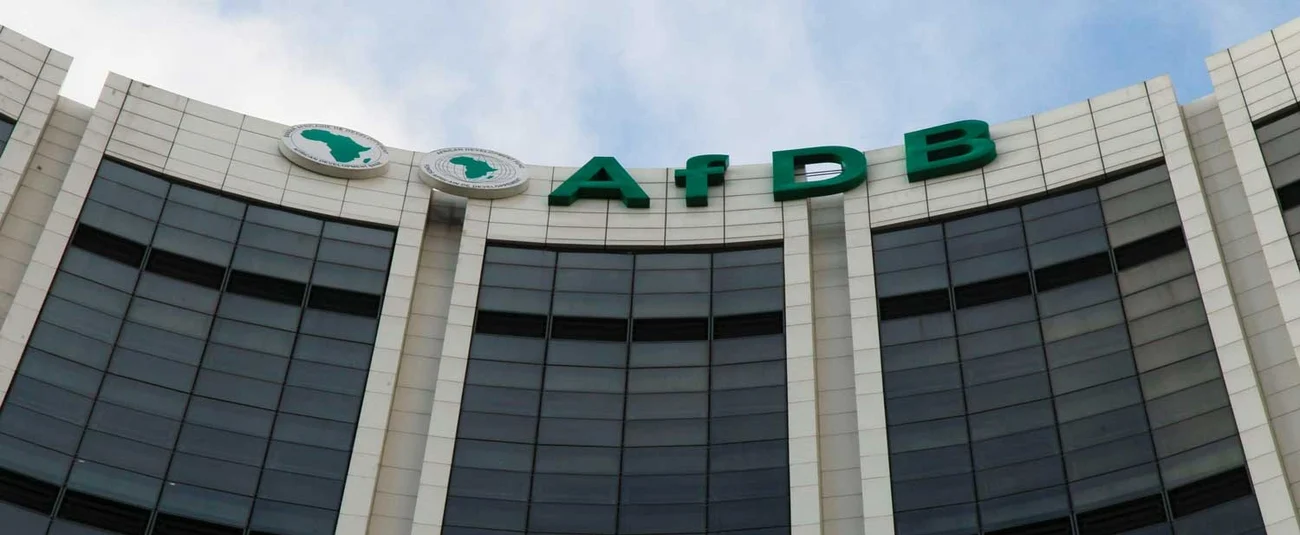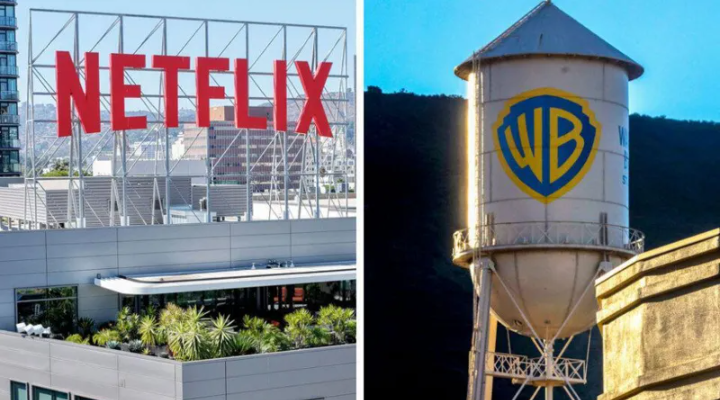Nigerian retailers are expressing significant concerns over the escalating difficulties they face in restocking their shelves, attributing these challenges to foreign exchange instability and rising inflation rates across the country.
As inflation continues to climb, the cost of commodities has surged, further impacting retailers. In August 2024, Nigeria recorded a core inflation rate of 27.60%, the highest ever documented, with food inflation soaring to 37.52% year-over-year. The overall inflation rate for that month was 32.15%.
Additionally, the naira has been depreciating sharply against the US dollar, recently trading at approximately N1,650 to $1.
This combination of factors is placing immense pressure on retailers, complicating their efforts to maintain adequate stock levels.
The Director of the Nigerian Association of Small and Medium Enterprises, Eke Ubiji said that inflation has significantly diminished consumers’ purchasing power, creating challenges for owners of malls, superstores, and convenience stores in their efforts to restock.
This decline in purchasing power has made it increasingly difficult for retailers to maintain inventory and meet consumer demand.
Ubiji stated that retail businesses are facing a tough decision between maintaining quality and restocking their shelves, a situation that is proving unsustainable for many.
“Business owners want to maintain their place in the market space. How do you maintain your space in the marketplace? You are selling quality products; well packaged, well preserved, and possibly at a price that is within the reach of your customers.
“If the price goes too far, your customers will be discouraged from buying those products from you, and your hold on the market will be reduced,” he explained.
The NASME director noted that businesses needed government intervention to overcome low sales, saying, “It is a tough one. That is where the government needs to come in to see how far this could be stabilised.
“If you are running an economy and the people—the producers, the buyers are all shying away, then there’s a problem that the government has to find a way to address,” he continued.
Ubiji pointed out that the inability of retailers to restock as they did in 2023 has led many multinationals, which produce and sell in the Nigerian market, to either exit the market or scale back their operations.
He said, “International companies producing and selling here could not keep up with the pace and survive. That is why they closed up. They close up and leave. And if they leave, there is something one may have been looking for in the market for a long time now but can’t find it because the company has left.”
Recent findings indicate that retailers are grappling with significant restocking challenges due to factors such as inflation, naira depreciation, and high energy costs, all of which have notably increased operational expenses.
Companies like Cadbury Nigeria, BUA Foods, and Unilever have reported sharp rises in their operating costs, with Cadbury highlighting a 23.7% increase in operating expenses.
The Manager of Cherit Foods & Supermart in Lagos, Chioma Madunago, spoke of difficulties retailers were facing as sales dropped, noting that she could not frequently restock her store as she did the previous year.
Madunago said, “Last year, we made a lot of sales, unlike this expensive year. By this time last year, you would have seen more than two to four people attending to someone. But this time around, the sales here are very poor.”
She explained that her family-run business strives to maintain a balance between product quality and customer satisfaction. This approach is essential for retaining their customer base amid the challenging economic environment.
“We have been maintaining our old products because most customers prefer what they are already used to. We would rather buy what customers will get than go for the cheaper one.
“We restock back what we already have and rather increase the price according to the market price because we find that there are some certain goods we change and most of them will come and say this thing is too cheap. So, they will say no and dump it,” she added.
Another provision store owner, Zara from Zara Stores, echoed Madunago’s concerns, stating that the prices of goods are increasing daily.
“Restocking has been tough. We buy based on demand now,” Zara said. “Before, customers bought drinks and snacks in bulk, but now, they are buying in smaller quantities. The prices keep going up, and people just can’t afford to buy the way they used to.”
Meanwhile, an economist and former President of the Chartered Institute of Banking of Nigeria, Prof. Segun Ajibola, noted that retailers are in a precarious situation, as the costs associated with maintaining product quality could severely impact their businesses.
“There is a limit to what consumers can pay for any product, especially if they have substitutes. If the consumer has options, he would rather go for the other options if you price yourself out of his reach. So, the implication is you may be winding down your business unknowingly because, at the end of the day, you start reducing your stock and the size of your store,” Ajibola said.
He also noted that the quality of consumer goods, ranging from foodstuffs to spare parts, has significantly declined over the years as manufacturers and retailers turn to cheaper alternatives to survive.
According to the economist, this trend poses risks, including faulty electrical materials, substandard car tires, and compromised pharmaceuticals, potentially endangering consumer safety.









